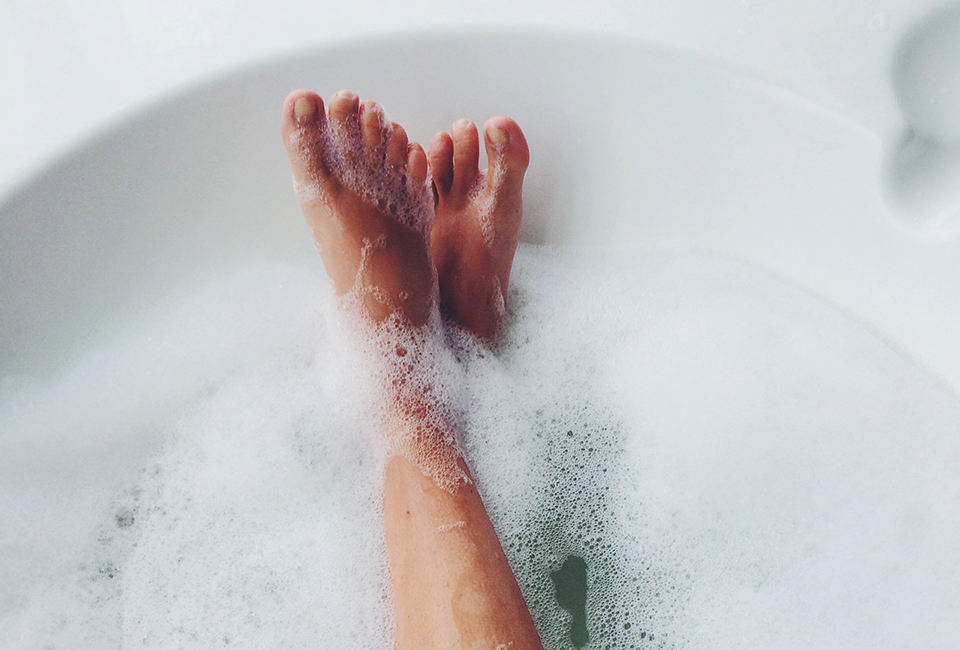What is water hardness?
How can water be hard if it’s a liquid? That might be what you’re thinking, but that’s not what it means when you hear about hard water.
Water hardness actually refers to the number of dissolved minerals in your water, and it varies depending on where you live.
Usually consisting of calcium and magnesium ions, the higher the concentration of these minerals in your water, the harder it is. The lower the concentration of minerals in your water, the softer it is.
There are good and bad things to both soft and hard water, but neither are considered harmful to your health.
How does hard water occur?
When water comes into contact with limestone, chalk, and other rocks before it is collected, the water absorbs some of the minerals contained in them.
The amount of minerals depends on the soil and rocks from where your water is taken. Hard water is mainly found in the east of the region, whereas softer water tends to be found in the west, where the landscape is more moorlands than chalk and limestone.
Does water hardness affect water quality?
The United Kingdom enjoys some of the highest standards of cleanliness and sanitation in the world when it comes to tap water. And we’re committed to keeping it that way.
There is no known health risk associated with hard water. In fact, an adequate daily intake of calcium is essential for normal growth and health. Though in smaller amounts, the calcium found in water is the same mineral found in foods such as milk, beans, eggs, and cauliflower.
The dissolved minerals contribute a small but beneficial part of a healthy diet every time you drink a glass of refreshing Yorkshire Water.
The effects of hard water in your home
Some of the calcium found in hard water can be removed by boiling water. That’s because the calcium hydrogen carbonate is soluble.
You can sometimes see the effects of this in homes with hard water inside your kettle. The heating element may be coated in a layer of limescale caused by calcium carbonate, which is insoluble in water.
Limescale is a real nuisance as it can clog up hot water pipes and boilers. Many dishwashers come with water softeners to prevent this from happening.
Testing your water hardness
You can test for water hardness in your home with this simple test. All you need is a clean plastic bottle with a secure cap and some dishwashing liquid (preferably liquid soap not detergent).
Fill up about a third of the bottle with Yorkshire water straight from the tap. Then add 8 to 10 drops of liquid soap and give the bottle a good shake for a few seconds! Now see what happens.
If there are only a few bubbles and the water appears cloudy, chances are you have hard water.
That’s because soap reacts with the calcium and magnesium to form a layer that is insoluble in water (this is what makes rings around the bath).
And because there is less soap, there are fewer bubbles. That’s why soft water will always create lots of suds when mixed with soap!
Want to find out exactly how many minerals are in your water? Enter your postcode to check your water hardness using our handy tool.

